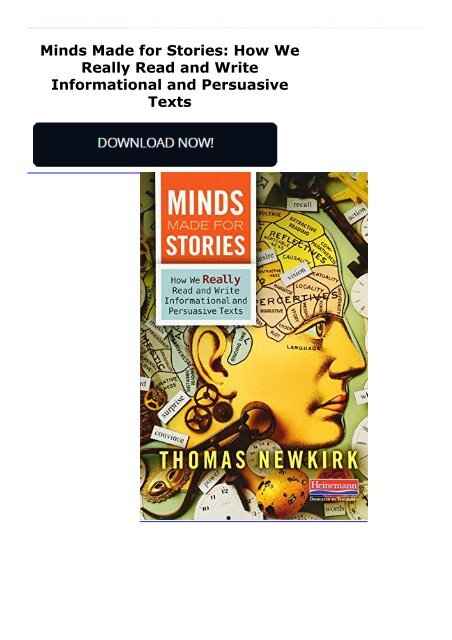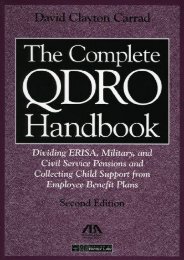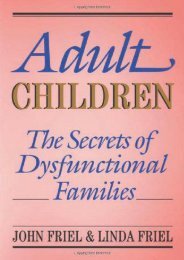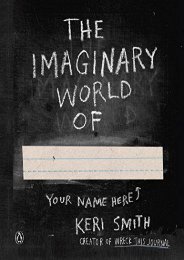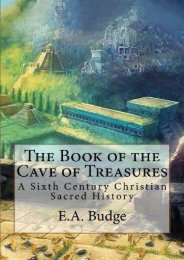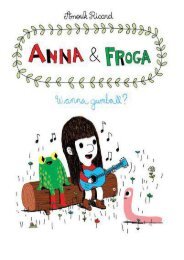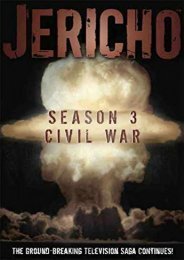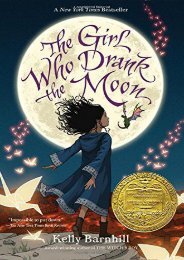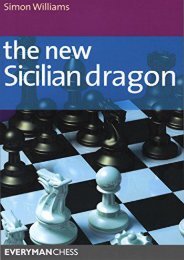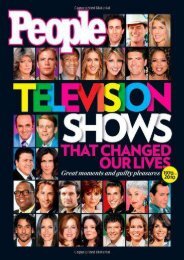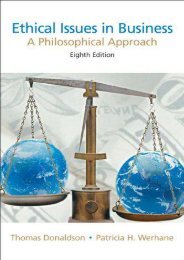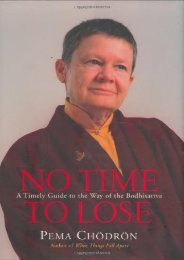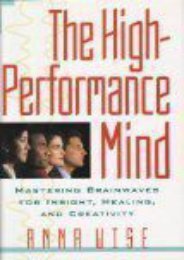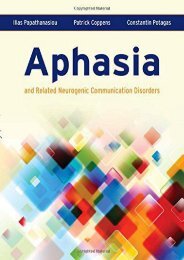Minds Made for Stories: How We Really Read and Write Informational and Persuasive Texts
Minds Made for Stories: How We Really Read and Write Informational and Persuasive Texts
Minds Made for Stories: How We Really Read and Write Informational and Persuasive Texts
Create successful ePaper yourself
Turn your PDF publications into a flip-book with our unique Google optimized e-Paper software.
<strong>Minds</strong> <strong>Made</strong> <strong>for</strong> <strong>Stories</strong>: <strong>How</strong> <strong>We</strong> <strong>Really</strong> <strong>Read</strong> <strong>and</strong> <strong>Write</strong> In<strong>for</strong>mational <strong>and</strong> <strong>Persuasive</strong> <strong>Texts</strong> (Thomas Newkirk) In this highly readable <strong>and</strong> provocative book, Thomas Newkirk explodes the long st<strong>and</strong>ing habit of opposing abstract argument with telling stories. Newkirk convincingly shows that effective argument is already a kind of narrative <strong>and</strong> is deeply "entwined with narrative." --Gerald Graff, <strong>for</strong>mer MLA President <strong>and</strong> author of Clueless in Academe Narrative is regularly considered a type of writing-often an "easy" one, appropriate <strong>for</strong> early grades but giving way to argument <strong>and</strong> analysis in later grades. This groundbreaking book challenges all that. It invites readers to imagine narrative as something more-as the primary way we underst<strong>and</strong> our world <strong>and</strong> ourselves. "To deny the centrality of narrative is to deny our own nature," Newkirk explains. "<strong>We</strong> seek companionship of a narrator who maintains our attention, <strong>and</strong> perhaps affection. <strong>We</strong> are not made <strong>for</strong> objectivity <strong>and</strong> pure abstraction-<strong>for</strong> timelessness. <strong>We</strong> have literary minds" that respond to plot, character, <strong>and</strong> details in all kind of writing. As humans, we must tell stories." When we are engaged readers, we are following a story constructed by the author, regardless of the type of writing. To sustain a reading-in a novel, an opinion essay, or a research article- we need a "plot" that helps us comprehend<br />
specific in<strong>for</strong>mation, or experience the significance of an argument. As Robert Frost reminds us, all good memorable writing is "dramatic." <strong>Minds</strong> <strong>Made</strong> <strong>for</strong> <strong>Stories</strong> is a needed corrective to the narrow <strong>and</strong> compartmentalized approaches often imposed on schools-approaches which are at odds with the way writing really works outside school walls.<br />
<strong>Minds</strong> <strong>Made</strong> <strong>for</strong> <strong>Stories</strong>: <strong>How</strong> <strong>We</strong><br />
<strong>Really</strong> <strong>Read</strong> <strong>and</strong> <strong>Write</strong><br />
In<strong>for</strong>mational <strong>and</strong> <strong>Persuasive</strong><br />
<strong>Texts</strong>


